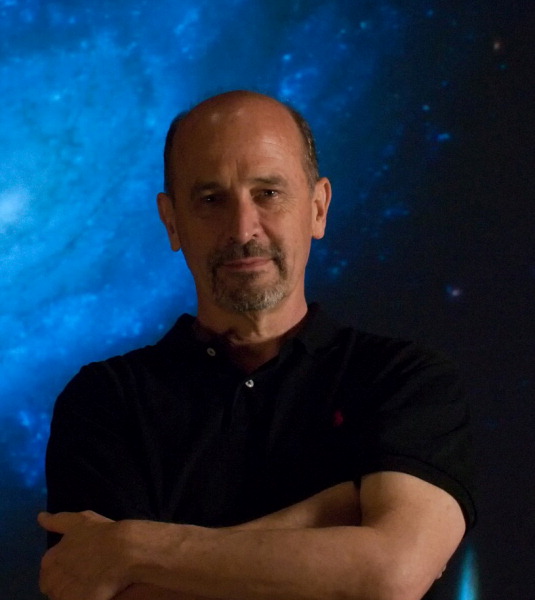| | Nicholas Suntzeff
Texas A&M University
|  | Dr. Nicholas Suntzeff is an observational cosmologist and holds the Mitchell/Heep/Munnerlyn Chair of Observational Astronomy in the Department of Physics & Astronomy at the Texas A&M University in College Station Texas. He specializes in the study of supernovas, stellar populations, stellar abundances, galaxy evolution, and astronomical instrumentation. Dr. Suntzeff is cofounder of a group which in 1998 announced definitive evidence for acceleration in the local Universe implying the Universe is 75% filled with dark energy. Suntzeff has received a number of awards including Science Magazine Breakthrough of the Year of 1998, the Gruber Prize in Cosmology of 2007, and the AURA Science Award in 1992 and 1998. He won the Robert Trumpler Award for the outstanding astrophysics Ph.D. thesis of the year from North American universities in 1983. From 1982 to 1986 he was a Carnegie Fellow at Mt. Wilson and Las Campanas Observatories of the Carnegie Institute of Washington. In 1986 he moved to La Serena Chile to work at the Cerro Tololo Inter-American Observatory and the National Optical Astronomy Observatory for 20 years, where he rose to the rank of Astronomer and Associate Director of Science. Most recently, Dr. Suntzeff moved to Texas A&M University to found an astronomy program and help direct the Mitchell Institute for Fundamental Physics and Astronomy. He also founded the Charles Munnerlyn Astronomical Laboratory and Space Engineering program. Suntzeff serves on the boards of museums, observatories, and private companies. He is presently an elected councilor of the American Astronomical Society, and will become its Vice President in June 2010. He received a B.S. with distinction in Mathematics in 1974 from Stanford University, and a Ph.D. in Astronomy & Astrophysics from UC Santa Cruz and Lick Observatory in 1980. Suntzeff is a native of Corte Madera California.
Dr. Suntzeff's selection as a Jefferson Science Fellow was featured on Texas A&M University's website. Read the article here.
|  Back to the Jefferson Fellows page Back to the Jefferson Fellows page
| 




